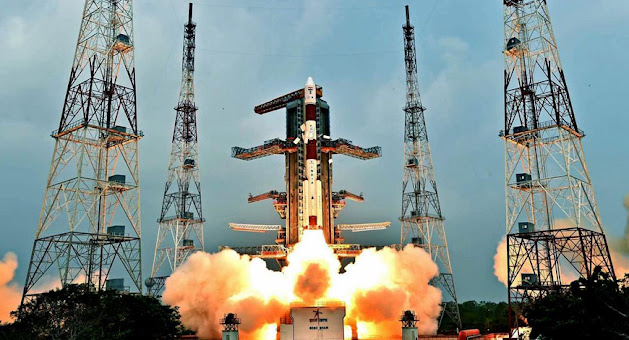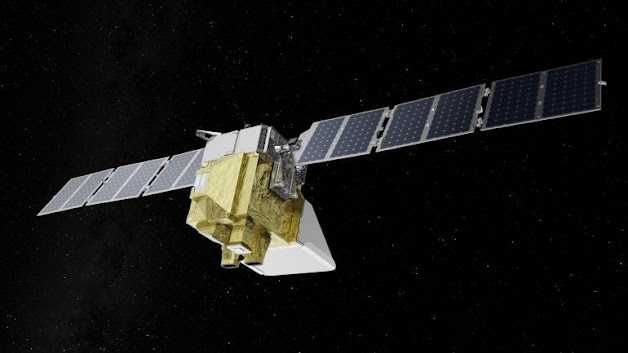Bengaluru-based Satyukt Analytics helps farmers get better yields using advanced analytics on data from NASA, ESA, and other parties.
News Dt. March 14, 2024
Drone and IoT
(Internet of Things) technology can be revolutionary to agriculture, providing farmers with data to massively improve their
yield. But in a country where small and marginal farmers with less than two
hectares of land, those technologies could be prohibitively expensive.
Bengaluru-based Satyukt hopes to solve that problem using open-source satellite
data, machine learning, and a mobile app.
Satyukt
is leveraging open-source satellite data from organisations such as NASA, the
European Space Agency, ISRO, and other space agencies to provide
farmers with the crucial information they need for better yields. The company
processes massive amounts of raw data using advanced analytics and machine
learning to provide information directly to smartphones.
“Our
service has many features, but it addresses three main pain points that farmers
face. One is knowing how much fertiliser they should use and when they should
use it. The second is solving pests and diseases. Third is water resource
management — how much water they should use and how often crops have to be
irrigated,” Sat Kumar Tomer, founder and CEO of Satyukt, told indianexpress.com.
Sat Kumar Tomer, founder and CEO of Satyukt
Analytics. (Satyukt via handout)
Tomer
is fairly qualified to make that statement because apart from his PhD in
Hydrology and Water Resource Sciences from the Indian Institute of Science in
Bengaluru, he also comes from a family with an agrarian background.
Satyukt
has a mobile app where farmers or their service partners can define the boundaries
of their land and get information. The service costs about Rs 100 per acre per
month. But how does the company derive soil quality, moisture and other data
from satellite data?
The earth observation satellites that Satyukt takes advantage of typically collect data in 11 bands, according to Tomer. This includes data mapped in the visible spectrum, like the colours red and blue. But it also includes data in the infrared spectrum and thermal data. Satyukt collects soil samples from different parts of the country, and then after collecting their spectroscopic data, the company uses it to train and validate a machine learning algorithm to derive soil quality details from that data.
This
means that the algorithm can use satellite data of the soil in a particular
region and extrapolate that to find out things like soil quality and water
content. The soil quality data is used to inform farmers about fertiliser usage.
The soil water content data is combined with meteorology data to inform them
about crop irrigation. Tomer claims the fertilisers recommendation accuracy is
higher than 95 per cent.
The
Indian Ministry of Commerce estimates the country’s space sector is worth $9.6
billion in 2020 and it is expected to grow to $13 billion by 2024. While it
currently contributes to between two to three per cent of the global space
industry, the ministry hopes that it can capture up to 10 per cent of the same
by 2030. That is a job that startups are best placed to handle.
A lot of the attention in the industry may go to startups like AgniKul Cosmos and Skyroot, who are building rockets that can launch satellites. While their work is extremely important, building advanced hardware is not the only way to build a space technology startup. Satyukt is a great example. It puts together some open-source data, some privately procured data, machine learning, and field expertise to solve real-life problems.




Comments
Post a Comment